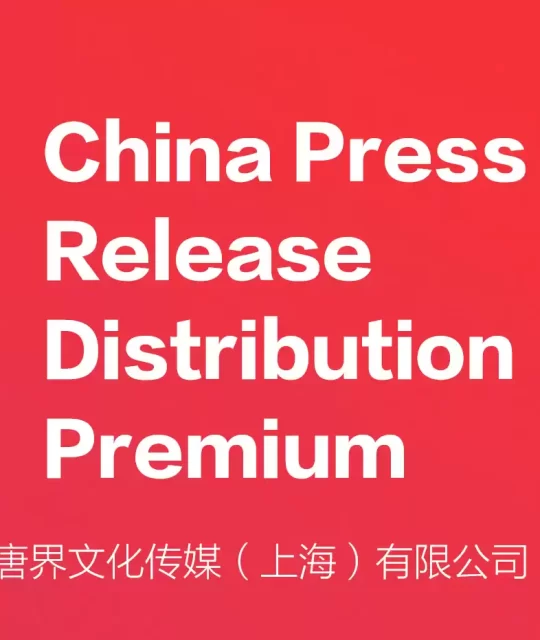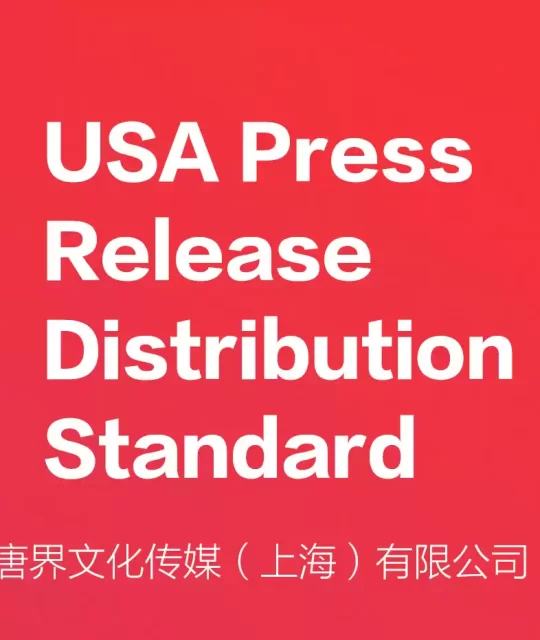China is one of the world’s largest and most dynamic food and beverage (F&B) markets, offering immense opportunities for growth and expansion. However, navigating this vast and complex market requires a nuanced understanding of local consumer preferences, regulatory landscapes, and distribution channels. Whether you’re a well-established global brand or a new player in the industry, understanding the unique demands of the Chinese market is crucial for success.
This article outlines the key strategies that food and beverage brands can leverage to expand their presence in China, with insights into market trends, local consumer behavior, and the role of China Business Agency in facilitating seamless market entry.
1. Understanding Regional Consumer Preferences
China is a country of immense diversity, with distinct preferences across different regions and cities. The tastes, consumption habits, and price sensitivities of consumers vary significantly from Tier 1 cities like Beijing, Shanghai, and Guangzhou to smaller Tier 2 and Tier 3 cities.
For example, consumers in Tier 1 cities tend to have higher disposable incomes and are more open to international flavors and premium products. Brands targeting this demographic should focus on introducing innovative, high-quality offerings. Starbucks, for instance, has successfully tailored its product range to suit the sophisticated palates of urban consumers, offering local flavors like Red Bean Frappuccino alongside its global offerings.
In contrast, Tier 2 and Tier 3 cities often feature more price-sensitive consumers who prioritize value for money. Brands targeting these markets must focus on offering affordable yet quality products. For example, KFC has adapted its offerings in smaller cities with affordable meal sets that appeal to families and younger consumers.
Understanding these regional differences is essential for brands to develop products and marketing strategies that resonate with local tastes and needs.
2. Product Localization and Innovation
China’s food culture is diverse, and Chinese consumers are known for their love of unique flavors and local ingredients. International F&B brands must adapt their products to meet local preferences, rather than simply replicating their offerings from other markets.
McDonald’s provides an excellent example of successful localization, having introduced products like the Spicy McChicken and Rice Burger to cater to local tastes. Similarly, Coca-Cola has launched region-specific flavors like Peach Sprite and Green Tea Coca-Cola to appeal to Chinese consumers’ fondness for fruity and herbal drinks.
In addition to localized flavors, the demand for health-conscious products has surged. Yili and Mengniu, two of China’s largest dairy brands, have tapped into the growing demand for functional beverages by introducing probiotic drinks and low-sugar options, which cater to the health-conscious urban consumer.
At China Business Agency, we help brands identify local trends, gather consumer insights, and adapt their products to suit the ever-changing tastes and preferences of Chinese consumers. Our expertise in product localization ensures your brand resonates with local buyers, enhancing market acceptance and consumer loyalty.
3. Building a Strong Online Presence
E-commerce is a critical part of the food and beverage industry in China. The rapid rise of platforms like Tmall, JD.com, and Pinduoduo has transformed the way consumers discover and purchase products. As digital commerce continues to grow, building a strong online presence is essential for foreign F&B brands looking to thrive in China.
Tmall and JD.com are two of the leading e-commerce platforms where food and beverage brands can reach millions of consumers across China. For example, Häagen-Dazs used Tmall to launch limited-edition ice cream flavors, generating a sense of exclusivity and urgency among online shoppers.
Social media platforms like WeChat and Weibo are also indispensable tools for brand engagement. KFC China, for example, has capitalized on these platforms by integrating delivery services, launching interactive campaigns, and leveraging KOLs (Key Opinion Leaders) to connect with Chinese consumers on a personal level.
Through China Business Agency, we assist F&B brands in crafting tailored digital marketing strategies that maximize their online presence. Our local expertise in e-commerce and social media ensures your brand reaches the right audience at the right time, while driving conversions and consumer loyalty.
4. Evolving Packaging and Sustainability
Sustainability is becoming a growing concern among Chinese consumers, particularly in Tier 1 cities. Brands that are seen as eco-friendly are gaining favor, with consumers increasingly expecting brands to demonstrate their commitment to sustainability in their products and packaging.
Starbucks China, for instance, has committed to making its packaging recyclable or reusable by 2025. Tetra Pak, a leading food packaging company, has also worked with brands like Nestlé to ensure that their packaging is made from renewable and recyclable materials, addressing the environmental concerns of Chinese consumers.
China Business Agency can help F&B brands incorporate sustainability into their market strategies, from sourcing to packaging, and communicate these initiatives effectively to consumers. By aligning your brand with eco-friendly practices, you can tap into the growing demand for sustainable products.
5. Leveraging Influencers and KOL Marketing
Influencers, or Key Opinion Leaders (KOLs), play an essential role in marketing food and beverage products in China. Chinese consumers, particularly younger generations, trust KOLs for recommendations on everything from food trends to lifestyle choices.
Brands like PepsiCo and Coca-Cola have leveraged influencers on platforms like Weibo, Douyin, and Little Red Book (Xiaohongshu) to promote their products and create buzz. By collaborating with KOLs who have a strong following among your target demographic, you can build brand credibility and increase consumer engagement.
China Business Agency specializes in identifying the right KOLs for your brand, ensuring that your campaigns resonate with Chinese consumers. We facilitate partnerships with influencers across various platforms, enhancing brand visibility and fostering trust with your target audience.
6. Health and Wellness Products
Health-consciousness is driving major shifts in the Chinese food and beverage market. Chinese consumers are increasingly seeking functional foods and beverages that offer added health benefits such as improved immunity, weight management, and digestive health.
Brands like Nestlé and Amway are tapping into this growing demand by offering vitamin-enriched waters and other functional products. Meanwhile, Beyond Meat has seen success in China by partnering with Starbucks and KFC to provide plant-based alternatives to traditional meat options.
By understanding the local demand for health-focused products, China Business Agency can help you position your brand effectively in China’s evolving health and wellness sector, ensuring your products meet the needs of today’s informed and health-conscious consumers.
7. Navigating Regulatory Compliance
China’s food and beverage regulations are strict and can vary by region. It is essential for foreign brands to understand and comply with local laws to avoid costly delays or setbacks.
The China Food and Drug Administration (CFDA) enforces regulations related to food safety, labeling, and advertising, while the State Administration for Market Regulation (SAMR) oversees product quality. Navigating these regulatory frameworks can be challenging for foreign brands, but partnering with a local expert can streamline the process.
China Business Agency offers a comprehensive regulatory advisory service to help foreign F&B brands navigate the complexities of Chinese regulations, ensuring compliance with all local requirements and reducing the risk of regulatory issues.
Conclusion
Expanding your food and beverage brand in China requires a strategic approach that combines market understanding, product adaptation, digital presence, and local partnerships. By capitalizing on China’s growing demand for health-conscious products, premium goods, and sustainable options, foreign brands can position themselves for long-term success.
With the expertise of China Business Agency, you can navigate the complexities of China’s F&B market, from localized product development to leveraging influencers and building your online presence. Our deep understanding of the market, regulatory landscape, and consumer behavior ensures your brand thrives in this dynamic and competitive industry.





